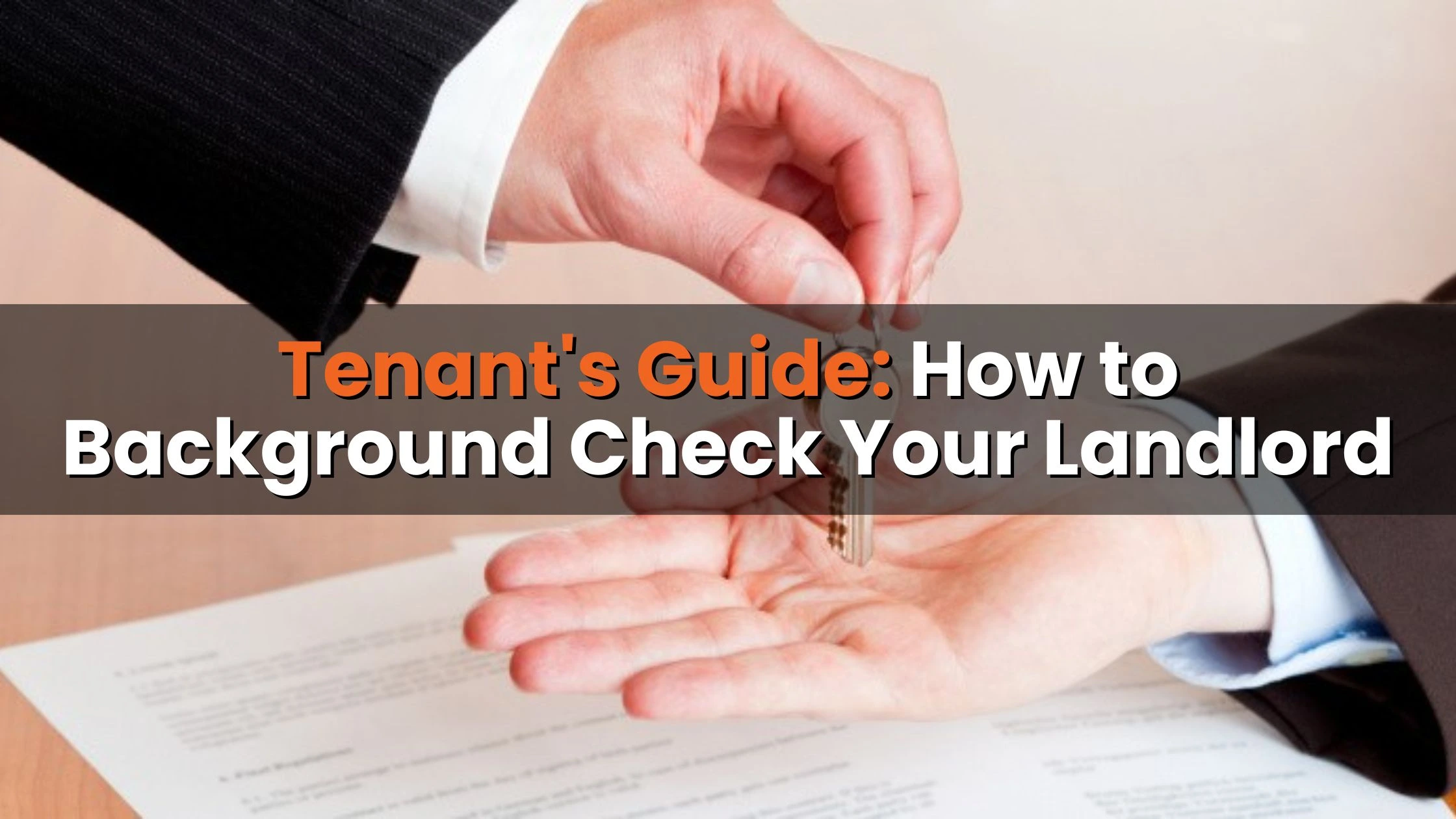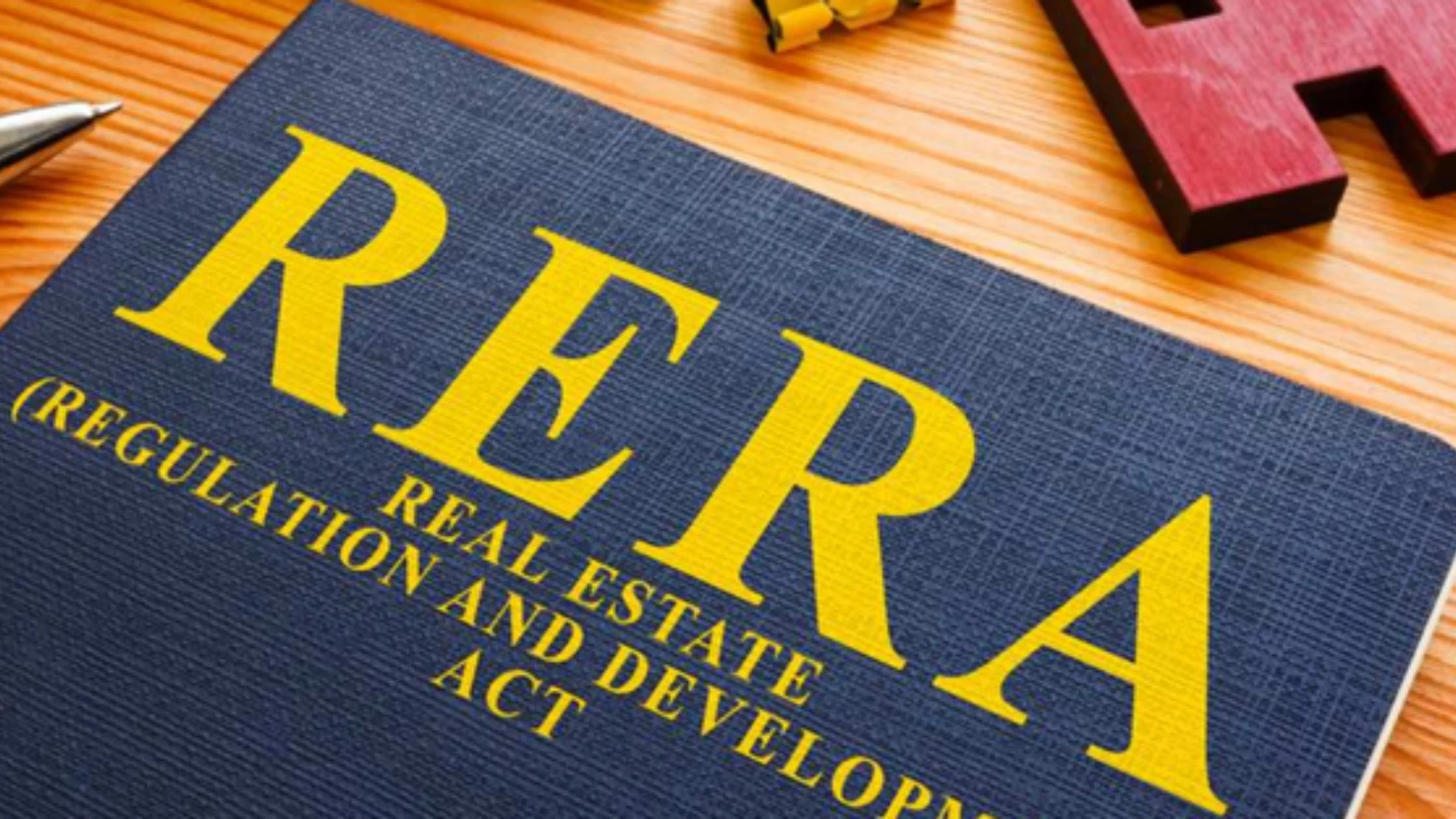Table of Content
▲
Finding the right rental property goes beyond just choosing the perfect location and a cozy apartment. With rental scams and frauds on the rise, it’s crucial for tenants to do their due diligence and verify the background of potential landlords. A thorough background check can save you from legal troubles, financial loss, and unnecessary stress. Here are some practical, Vastu-friendly, and Google-approved tips for safeguarding your renting experience:
1. Verify Property Ownership Documents
Before signing any agreement, request to see key property documents. Look for:
- Title Deed: This document establishes the legal ownership of the property. Ensure that the landlord’s name matches the details in the title deed.
- Occupancy Certificate: Verify that the building complies with local building codes and is approved for occupancy.
- Additional Clearances: Depending on your locality, you might also need to see documents such as tax receipts or approvals from municipal authorities.
Checking these documents helps confirm that the person renting the property is indeed the rightful owner, minimizing the risk of fraud.
Also Read: How NCR Residents Can Ensure the Earthquake Safety of High-Rise Buildings
2. Inspect the Property and Surrounding Neighborhood
A physical visit is non-negotiable. Not only will it allow you to verify the condition of the property, but it also provides insight into the neighborhood. During your visit:
- Assess the Property’s Condition: Look for any structural issues, signs of poor maintenance, or unapproved modifications. A well-maintained property reflects a responsible landlord.
- Talk to Neighbors: Neighbors can offer firsthand insights into the landlord’s reputation, the area’s safety, and any ongoing disputes.
- Evaluate Amenities and Safety: Ensure that the neighborhood offers essential amenities such as public transport, markets, and healthcare facilities, which are important for your daily living.
An in-person inspection is a practical step to see if the property aligns with the information provided by the landlord.
3. Assess Legal Compliance and Transparency
A trustworthy landlord should be open and transparent about the legal status of the property and any ongoing issues. Consider the following:
- Rental Agreement: Ensure that the landlord provides a detailed rental agreement covering all terms, including rent amount, security deposit, maintenance responsibilities, and termination conditions. For leases longer than 11 months, the agreement should be registered as per local laws.
- Disclosure of Liabilities: Ask if there are any pending utility bills, legal disputes, or structural issues. A responsible landlord will disclose such details upfront.
- Communication and Responsiveness: Pay attention to how the landlord responds to your queries. Unwillingness to provide clear answers or essential documents might be a red flag.
Legal compliance is not just a formality it protects both parties and ensures a smooth tenancy period.
4. Scrutinize Payment Terms and Money Matters
Money is often the root of many rental disputes. Here’s how to handle the financial side smartly:
- Mode of Payment: Be wary if a landlord insists on cash payments only. Digital payments or cheques offer a clear paper trail and can prevent potential issues during tax season or disputes over rent receipts.
- Receipts and Documentation: Always ask for a formal receipt for every payment made. Maintain copies of all transactions, as these records may be useful in case of any future disagreements.
- Hidden Charges: Clarify any additional fees or charges (like maintenance or service charges) before finalizing the deal. Transparency in money matters is key to building trust.
Secure, documented transactions help prevent misunderstandings and ensure that all financial aspects are properly recorded.
5. Research Online and Ask for References
In today’s digital age, a quick online search can reveal a lot about a landlord’s reputation. Here’s what you can do:
- Check Reviews and Forums: Look up the landlord or the property on reputable websites and forums. Feedback from previous tenants can offer valuable insights.
- Social Media and Local Groups: Sometimes local community groups on social media can provide real-life experiences and reviews about renting in a particular area or from a specific landlord.
- Request References: Don’t hesitate to ask the landlord for references from previous tenants. A landlord with a solid track record will be more than willing to share positive testimonials.
Combining online research with direct references can paint a comprehensive picture of the landlord’s reliability.
6. Trust Your Instincts and Don’t Rush
Finally, if anything seems off or if you feel pressured to make a hasty decision, trust your instincts. Some additional points to consider:
- No Rush Decisions: A legitimate landlord will understand that you need time to verify all details. Avoid those who rush you into signing the agreement.
- Red Flags: Be cautious if the landlord refuses to allow a physical property visit or hides details about the property. These are classic signs of potential scams.
- Seek Professional Advice: If you’re unsure about any aspect of the documentation or the deal, consider consulting a real estate expert or legal advisor. An informed opinion can help you avoid pitfalls.
Taking your time and thoroughly vetting the situation can save you a lot of trouble in the long run.
Conclusion
Renting a property is a significant decision, and ensuring that you are dealing with a legitimate and trustworthy landlord is paramount. By verifying ownership documents, inspecting the property and neighborhood, assessing legal compliance and transparency, scrutinizing payment terms, and conducting thorough online research, you empower yourself to make an informed choice.
Remember, a well-informed tenant is a safe tenant. Protect your interests, trust your instincts, and don’t hesitate to walk away if the deal doesn’t meet all your safety criteria.
Also Read: Noida to Greater Noida Metro Expansion 2025: Routes, Stations and Real Estate Impact










Ans 1. A thorough background check helps you avoid rental scams, ensures the landlord is legitimate, and safeguards your financial and legal interests.
Ans 2. Check the Title Deed, Occupancy Certificate, tax receipts, and other municipal clearances to ensure the landlord owns the property.
Ans 3. Visit the property in person, look for signs of structural damage, poor maintenance, and unapproved modifications.
Ans 4. Yes, neighbors can provide insights about the landlord’s reputation, the area’s safety, and any ongoing disputes.
Ans 5. A rental agreement should clearly mention rent amount, security deposit, maintenance responsibilities, termination conditions, and be registered if required.
Ans 6. Ask about pending utility bills, legal disputes, and structural issues. A trustworthy landlord will disclose such details upfront.
Ans 7. Always use digital payments or cheques, ask for receipts, and maintain copies of all transactions to ensure a clear record.
Ans 8. Search for reviews on reputable websites, check forums, and explore local social media groups for feedback about the landlord or property.
Ans 9. Refusing a property visit, pressuring you to sign quickly, or withholding important details are major red flags.
Ans 10. Yes, consulting a real estate or legal expert can help you review the agreement and ensure all terms are fair and transparent.